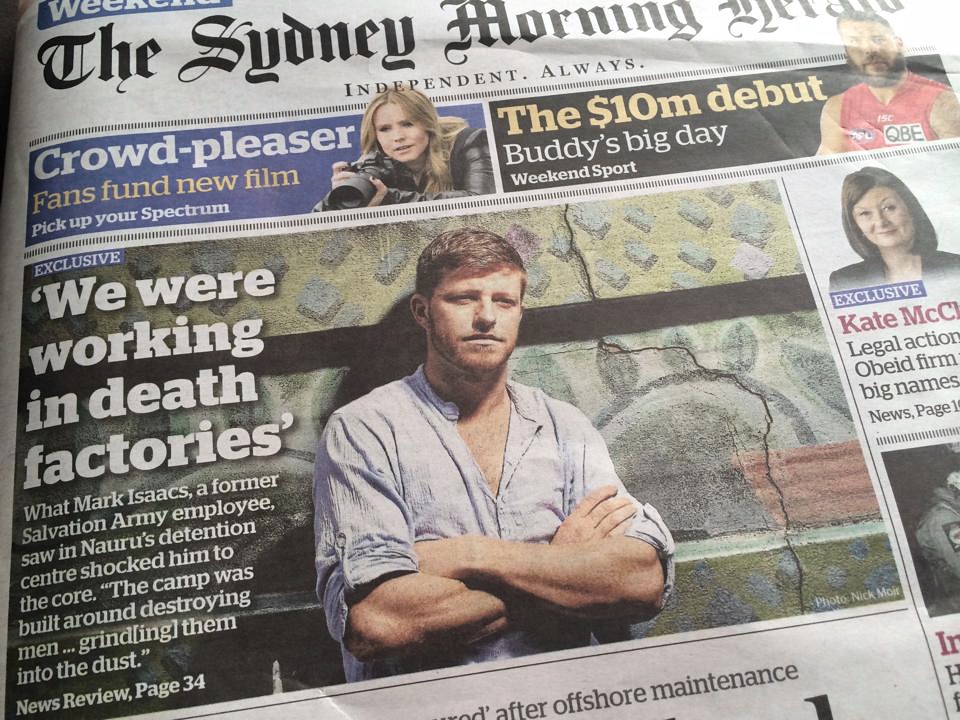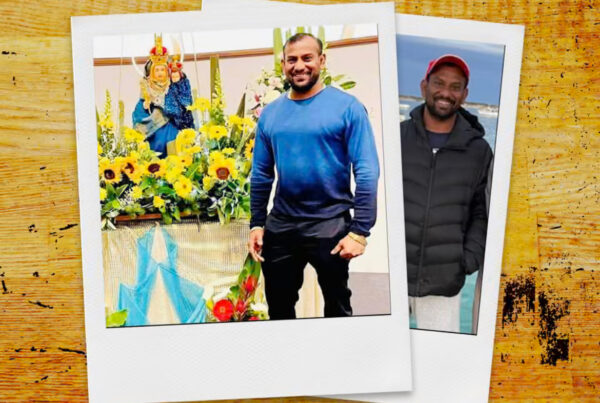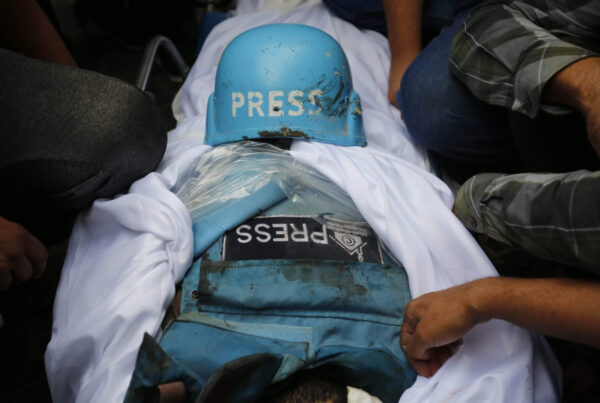This article was first published in Mamamia.
If you ever happen to work in an offshore detention centre like Nauru, you will be faced with moral dilemmas most Australians would never expect to experience. You will work closely with a group of people who previously you only knew of through the media. The stereotypes and rhetoric will disappear and you will be faced with real people and their stories. You may come to know some of them as friend and you may dislike one or two. In your time inside a centre like Nauru you will see the onset of mental illness and the gradual degradation of the human spirit. You will see men harm themselves; you will see women depressed and fearful; you will see children locked up. You may see suicide attempts and you may have to counsel men in the aftermath of such an incident. If you are unfortunate you could see someone killed.
At some point in your time working in Nauru you will see something that concerns you and you will want to raise your concern with a higher authority. You will follow the chain of command and inform your direct superior but somewhere along the line the issue will fade and nothing will be done about it. In fact, your complaints never seem to go anywhere or achieve anything and you realise your concern for the health and wellbeing of the people detained in the centre is misplaced. You realise that little can be done for these people because the point of this detention system that you are now a part of is to make people suffer. The purpose of the system is to deter people from arriving in Australia by boat. In order to do that the Australian government has designed detention centres that erode people’s hope and convince people to return to their country of origin. It is a system that says: “Don’t come here. Anywhere else in the world is better than here.” The government knows people are suffering in these centres. The service providers that operate within the centres know too. That is a guaranteed outcome of our offshore detention system.
You are faced with a moral dilemma that will hound you for the rest of your time in Nauru. Should you work from within to change the system or should you refuse to work there because to do so would condone an iniquitous system?
You might try to do your best from within the system. You advocate where possible. You try to achieve small wins for the people. You get them that extra bar of soap they needed; or you take them down to the beach to swim for an hour. You are the smiling, friendly face, the counsellor who listens to their concerns with a grave face and a heavy heart. You say to yourself that they need good people inside the centre; that if all the people who cared quit, then the only people left would be those who were happy to treat these people poorly. And you would be right. But deep down, you know what you’re doing is not enough. Deep down you know that the health services and humanitarian services in the centre are Band-Aids. Your job is a façade of humanity. You are a negotiator. Your job is to stop people from going crazy, to stop them from killing themselves, to stop them from reacting violently against their indefinite detention.
But you want to do more than that. You want other people to know what is happening. You want the media to report the abuses you have seen, but the media are banned from entering the centre. Journalists can’t get visas on the island. No-one is reporting on what happens inside the detention centre. You want to say something, you feel compelled to share your experiences, but you have signed a contract and a deed of confidentiality that restricts you from speaking to anyone not involved at the centre. That means you cannot speak to the media, to the Australian Human Rights Commission, to health groups, or to advocacy groups. If you were to speak out, you would lose your job and risk your career. You might be financially dependent; you might have mortgage payments, or you might be paying off your children’s university debt. If you spoke out there would be a media circus and you would be in the centre of it. Maybe you’re not a public speaker and you don’t feel like you would do the cause justice. Maybe you don’t want to face criticism in the public arena. Maybe you don’t want to argue with your own government. Maybe you love your country and you don’t want to be seen as a traitor. Or maybe you’re afraid of prosecution. If you did speak out, you could serve two years in jail thanks to The Border Force Act.
And so you stay quiet. Your frustration and bitterness is discussed with your colleagues, round and round in endless circles over too many drinks at the hotel bar. In between deployments to the island you may struggle to enjoy what you’ve come to think of as your luxurious lifestyle. You may think of all the people, the children, locked away in the centre and you may feel guilty and ashamed. No-one from outside of Nauru can understand what you’ve been through, so you internalise your issues. They eat away at you and cause you stress. Maybe they give you nightmares and flashbacks and anxiety. But at least you know you will be back on the island soon to do the very little you can do.
And then one day you stop working on the island and you are left empty and hollowed out. No longer do you have contact with those people who became your life for that short period of time and it will feel like you’ve let them down. You may be left damaged by your work in Nauru. You may suffer from post-traumatic stress disorder, or vicarious trauma. You may want to suppress the horrors. But once you know something, you cannot un-know it. And maybe you decide that you need to speak about it, for your own sake and for the sake of the people you left behind. You are sure that if other people know about what is happening in Nauru then they too will be incensed and will demand change.
And so you engage a lawyer who advises you that it is unclear that whistle-blowing legislation will protect you and that you could face a jail term for speaking out. You are fearful but your mind is made up. The only way to continue down this path is not to think about the consequences. The rigmarole begins. Interviews and photos and emails and messages and Internet trolls and abuse and talks and speeches and a constantly ringing phone. You are criticised and praised and you are left wrung out, exhausted, used and drained. And you are forgotten. And at the end of the day did people listen? Did you really change a thing?




Bravo on what you have done. In a way, we are all in that situation… not as intensively as really being there, but living in a situation that is totaly wrong. Where concentration camps are just over the horizon, and few people are listening. The mainstream media is closed off. So I spray-painted OMID R.I.P. on wretched Turnbull’s office in Edgecliff, near to where we live. I did it repeatedly. Then I was arrested. That is OK. We will make something of it. The hearing is at Waverley Local Court, 151 Bronte Rd,. 9.30am Wed. 29th June.
It is you who have made this possible. And also the film-maker Eva Orner with her Chasing Asylum. How will this all end? Who will bring denazification to us. We just have to resist, as you have done. Bravo, for being so brave, for doing what you had to do. Feel free to drop in on us anytime. Well done. Don’t forget 29th June.
Stephen Langford ph 9331 5986/0451509 232.
Mark. your contribution has been very important and is part of slow but steady shift of view in Australia more broadly. So It may not have changed the cruel practices of government but it has helped to change public perceptions.